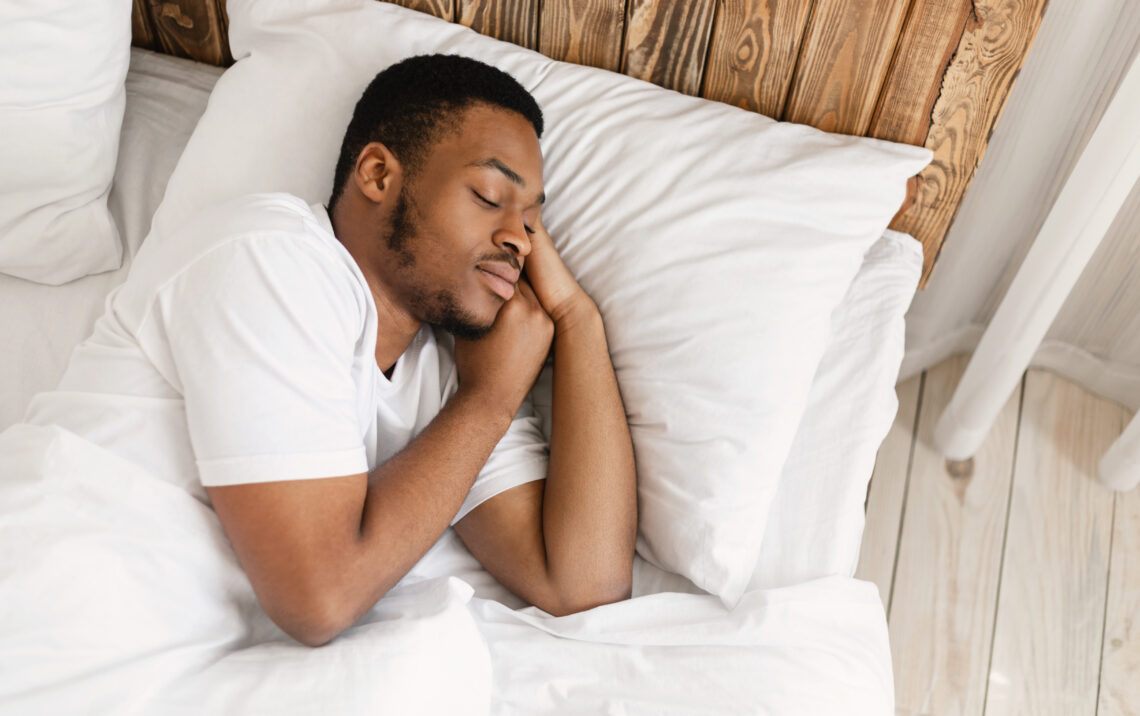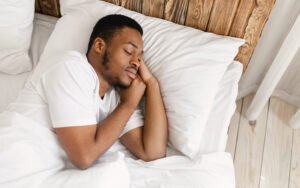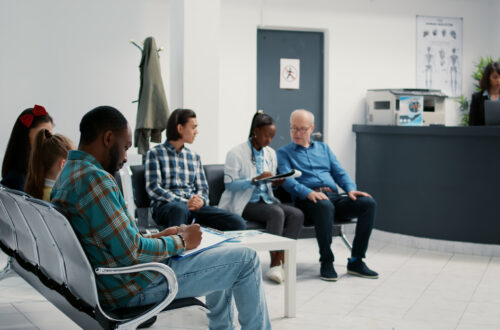
Nap Time for Adults?
When was the last time you wanted to take a nap? Did you get it? Or did you power through your fatigue?
Napping as an adult can be tricky. Some people frown on it, saying that napping is slothful. Others are joyful nappers and think they hit the jackpot when they can get comfortable on the couch or in bed and snooze for a half-hour or so.
Short naps, taken in the early afternoon, can be beneficial. They can help you stay more alert and able to finish the day rather than just trying to slog through it.
Good napping is worth it; bad napping, not so much
Most of us have experienced a lousy nap at some time. We decide to rest and wake up feeling groggy and out of it. It takes a while to shake out the cobwebs, and we may be grumpy and regret that nap. While technically the nap is the culprit, the problem is really the type of nap.
 For adults, A good daytime nap lasts only 10 to 20 minutes. That allows the body and brain to rest but not fall into a deep sleep. It’s waking up from that deep sleep that can make us feel awful. But waking up from a quick 10-minute nap usually doesn’t. Experts say the best time is early afternoon, so as not to disturb your night’s sleep. And don’t be surprised if you don’t think you napped. Sometimes those snoozes are so light that you’re not sure that you slept – but you likely did. These very light sleeps are the early stages of sleep, but they are still restful.
For adults, A good daytime nap lasts only 10 to 20 minutes. That allows the body and brain to rest but not fall into a deep sleep. It’s waking up from that deep sleep that can make us feel awful. But waking up from a quick 10-minute nap usually doesn’t. Experts say the best time is early afternoon, so as not to disturb your night’s sleep. And don’t be surprised if you don’t think you napped. Sometimes those snoozes are so light that you’re not sure that you slept – but you likely did. These very light sleeps are the early stages of sleep, but they are still restful.
Realistically, you’re supposed to find a quiet, comfortable spot to relax and nap, but that’s not always possible. I’ve napped in the backseat of my vehicle in a university parking garage. I’ve dozed with my head on a desk and in a waiting room chair. These experiences were not ideal, but I needed those naps and they got me through whatever was ahead.
Coffee naps!
If you’re worried that you won’t wake up after just 20 minutes or so, you can set an alarm. You could also try a coffee nap, or caffeine nap. (Decipher Your Health cofounder Karin calls them napuccinos!) Some people swear by them, others feel no difference.
If you want to try a coffee nap, drink a cup of coffee just before the nap. When you wake up 20 minutes later, the caffeine will likely have kicked in. You’ll get the boost from the nap and the caffeine. The caffeine also should – theoretically – prevent you from getting into that deep sleep that you don’t want. That said, many people find that if they have coffee in the afternoon, it affects their night’s sleep. So you may need to experiment to see how early you need to stop consuming caffeine.
Other methods of relaxation can help too, such as meditation. Yoga nidra is one example. Unlike the traditional yoga with poses, yoga nidra is a relaxation technique that can be done on the floor, in bed, or even in a recliner.
What are the benefits of napping?
One study from 2019 said that occasional naps (one to two a week) can help lower heart disease risk. Another one said that regular naps of less than an hour didn’t affect heart health, but longer naps could increase the risk.
According to the National Heart, Lung, and Blood Institute, part of the National Institutes of Health (NIH), “Shorter, power naps can boost alertness. Longer naps, especially those lasting an hour or more, have been linked with obesity and increased cardiovascular disease risks. Oftentimes, these findings volley back and forth.” But is it the nap, or are there other lifestyle factors that lead to it? In the same article, the authors wrote, “Upon further analysis of the data, the researchers found that certain activities, including going to bed later, smoking, and having larger lunches later in the day, helped explain links between longer naps and increased cardiovascular disease risks.”
So, then, what’s a “bad” nap? They are longer naps, those that allow you to get into a deeper sleep. They are not refreshing because if you wake up during that deep sleep, you’ve not completed the sleep cycle. These naps can make you feel groggy and disoriented. Also, if you sleep for too long during the day, this can make it harder to sleep at night. The timing of the nap is important too. If you take a nap too close to bedtime, you may find it harder to sleep later.
There are Facebook memes that go around from time to time that say something like, “If only I could fall asleep as fast in bed as I did on the couch just a half hour before.” That quick couch nap refreshed you, making bedtime sleep not so much a priority for your body anymore.
Napping benefits
According to the Mayo Clinic, healthy adults who nap could experience:
- Relaxation
- Reduced fatigue
- Increased alertness
- Improved mood
- Improved performance, including quicker reaction time and better memory
But note the word “healthy.” If you’re relatively healthy and feel tired at midday, a quick nap can pick you up and let you comfortably finish your day. But if you’re tired and can’t function without a nap, there may be something more serious going on.
Time to speak with your healthcare provider
Consistent daytime fatigue could be a sign of other health problems, such as:
- Sleep apnea
- Insomnia
- Mental health disorders, like depression
- Medication side effects
- Narcolepsy
- Hypothyroidism (underactive thyroid)
Sometimes daytime fatigue is caused by the very thing that you take to help you sleep, such as alcohol, or sedatives/sleeping pills.
Moral of the story?
If you’re relatively healthy and feel the need to nap during the day – there’s nothing wrong with it if you can find the time and place. If you really need the naps to function, make an appointment to speak with your healthcare provider, just to be safe.
Disclaimer
The information in this blog is provided as an information and educational resource only. It is not to be used or relied upon for diagnostic or treatment purposes.
The blog does not represent or guarantee that its information is applicable to a specific patient’s care or treatment. The educational content in this blog is not to be interpreted as medical advice from any of the authors or contributors. It is not to be used as a substitute for treatment or advice from a practicing physician or other healthcare professional.




